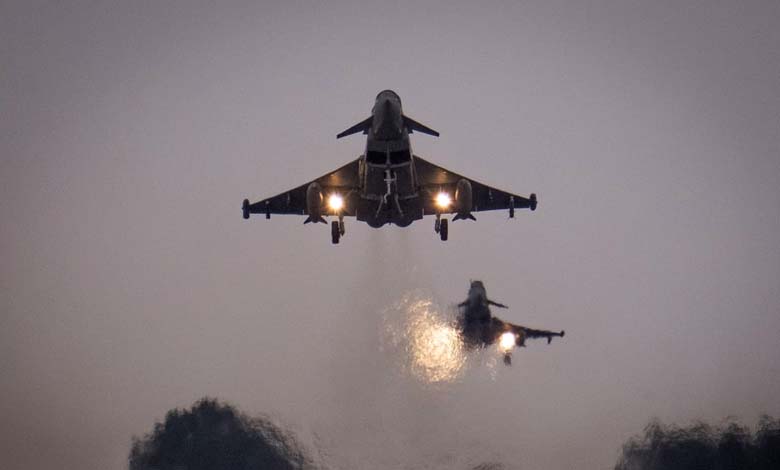American Airstrikes on Houthis Expose the Double Standard of Yemen’s Muslim Brotherhood

The statements made by Abdallah Ahmad Ali Al-Adini, a leader of the Al-Islah party (“the Muslim Brotherhood’s arm in Yemen”) and a member of parliament, regarding the liberation of Sanaa from the Houthi militias have sparked significant controversy and a wave of criticism among journalists and observers of the Yemeni situation.
-
The Muslim Brotherhood and the Houthis… Playing Openly After “Under-the-Table” Alliances
-
Houthis Launch Ideological and Military Recruitment Campaign for Students Amid Public Outrage
In a press statement, Al-Adini stated: “Anyone who wants to liberate Sanaa under the American banner is a perfect agent; we want liberation under an Islamic banner.”
According to what was reported by the Al-Amn newspaper, several journalists believe that this statement reflects a double standard among some leaders of the Muslim Brotherhood, questioning: “If American airstrikes are carried out in coordination with the Al-Islah party, are they Islamic and legitimate, but if they target their opponents, do they become colonialism and betrayal?”
-
A New Agreement between the Brotherhood and the Houthis… Details
-
Houthis Torture a Young Man to Death for Refusing to Join Their Training… Details
Observers pointed out that the American strikes targeting the Houthis were not rejected by the leaders of the Al-Islah party; on the contrary, some were based on intelligence reports and field information related to the party, raising questions about the party’s stance on foreign interventions and the nature of the alliances it forms according to its own interests.
While the Al-Islah party raises slogans rejecting foreign interference, observers note that its positions on the ground do not reflect these slogans. In fact, the party has benefited from direct and indirect international support at several points, whether in its fight against the Houthis or in its conflict with other Yemeni factions. It has also received financial and political support from the United States, and meetings with officials in recent months serve as solid proof of this.












